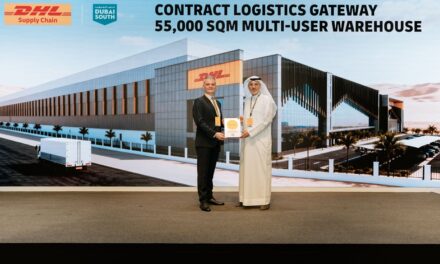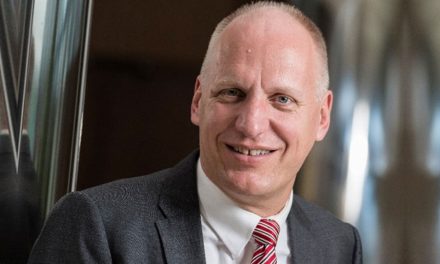
Brussels 2011: Posts can use trust to their advantage
Postal companies have the opportunity to use trust built over hundreds of years to their advantage, as they look to import new technological solutions to boost revenues. That was one of the key messages coming out of a stimulating Technology Seminar for the mail and express industry in Belgium this afternoon (17 May).
The 2011 World Mail & Express Conference was kicked-off by the Seminar at the Conrad Hotel in Brussels.
The session – chaired by Walter Trezek, managing director of Document Exchange – operated under the banner: Are postal services are the hub for multi-channel communication?
Trezek opened the seminar by stating “a lot of changes are currently happening”, adding that the development of global postal networks is being represented by the ‘nine mega -trends’: Economic growth; globalisation; environmental issues; demographics; accelerating pace of change; the democratisation of information; commercialisation; increasing complexity; and individualisation.
Exploring the ‘Next Generation Postal Networks’, Daryl Jackson, director, Deloitte Consulting, emphasised that Posts have the ability to leverage their trusted brands into the e-world.
He added that, historically, Posts have done a great job of keeping people out of their networks, “but the paradigm is shifting” and that “the barriers need to come down”.
Postal companies are being driven by the move towards electronic communication, “shifting from a product-focused organisation, to a customer-focused organisation”. Whilst doing this, Posts can exercise their “demographic reach and trust” to gain an advantage.
Jackson also focussed on developing security. During his presentation, he stated: “The role of security expands under the new e-commerce business model and the developments of open networks.”
Delegates heard that security no longer means just ‘intrusion detection and prevention’, but it now also expands to include the ability to: give credence to sellers and buyers; ID management and authentication; and privacy.
Maurizio Puppo, national sales manager, Solystic, discussed the importance of the ‘total cost of ownership (TCO)’ when faced with technological investment. He said that many organisations still use separate budgets for system development and system life cycle support, adding that “operational expenses can dominate the TCO”.
Puppo said to lower TCO, companies must: integrate people, processes and technology; focus on service levels; leverage responses; mitigate risk with redundancy/pre-production policies; and improve continuously.
Miro Subasic, key account manager, international sales, KEBA, said that the global postal network is a highly automated delivery process with one significant gap – ‘the final mile’.
He estimated that across the delivery process, 70% of costs are from the ‘final mile’. In search of a way to cut these costs, Subasic provided case studies of his company’s KePol package stations – with an emphasis on Germany, where DHL has 2,700 of these units in operation.
Neil Richmond of Siemens also used his presentation time to showcase his company’s Trust-Ebox solution, which allows reverse hybrid mail, amongst a number of other customer-centric applications, designed to bridge the gap between the consumer and the Post.
The Technology Seminar was sponsored by Solystic, with the main World Mail & Express Conference taking place from tomorrow (18 May).












